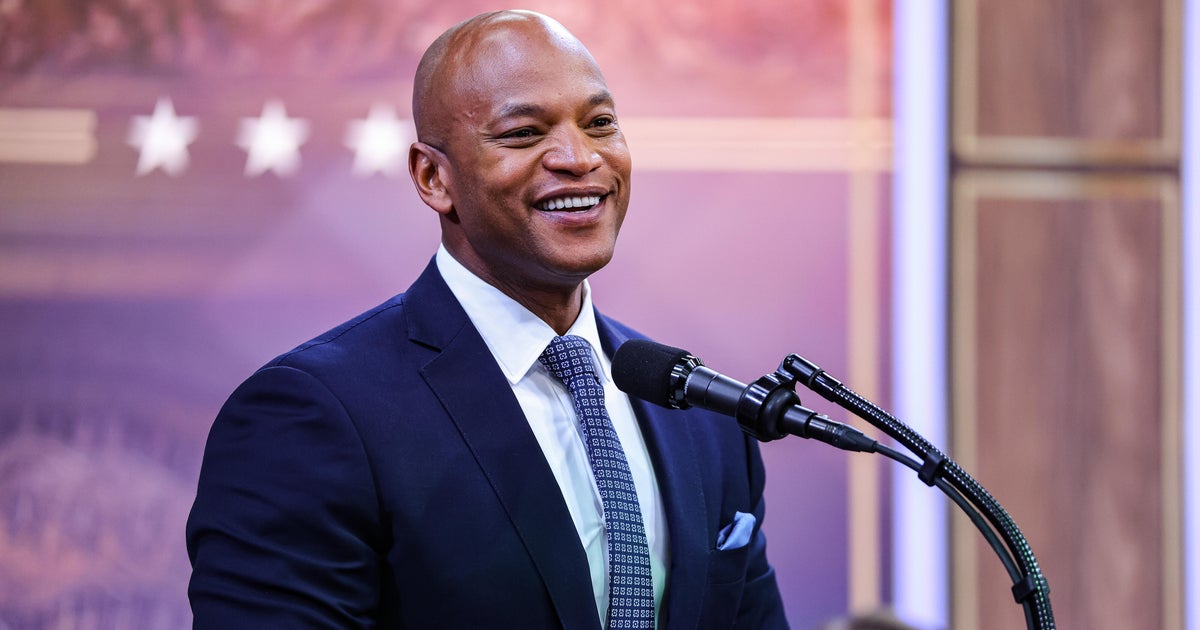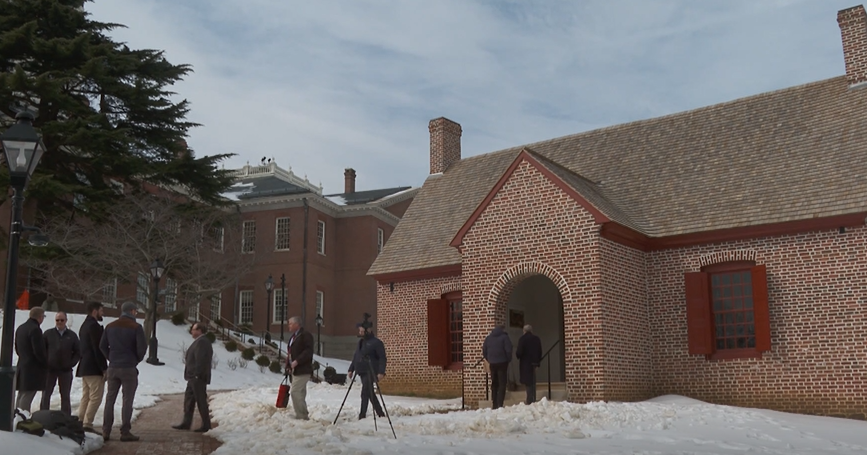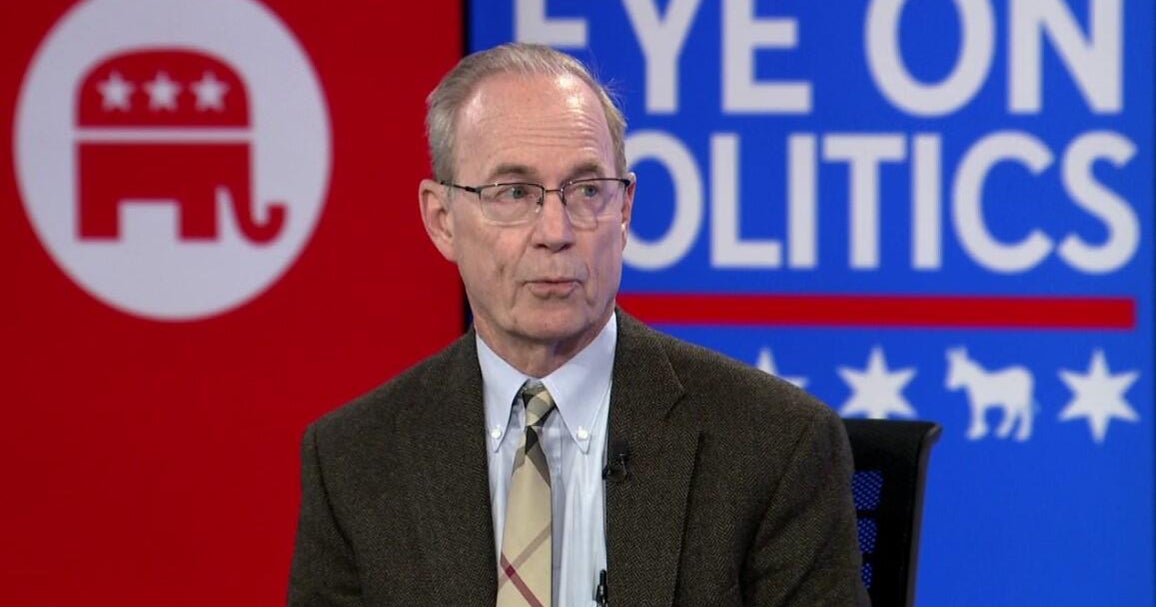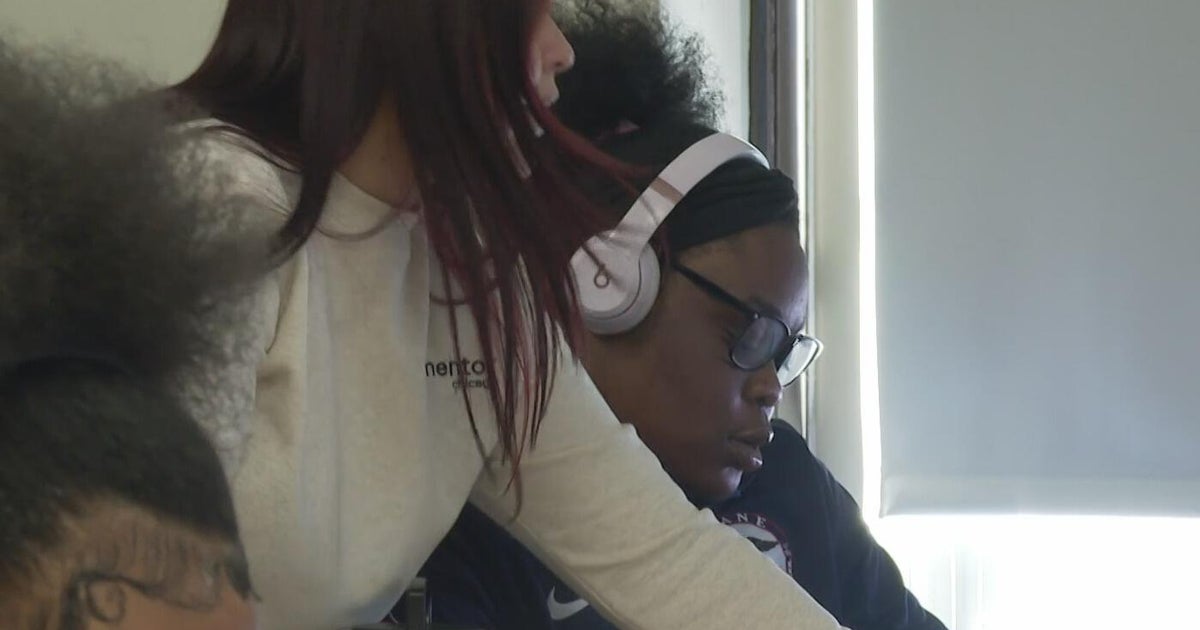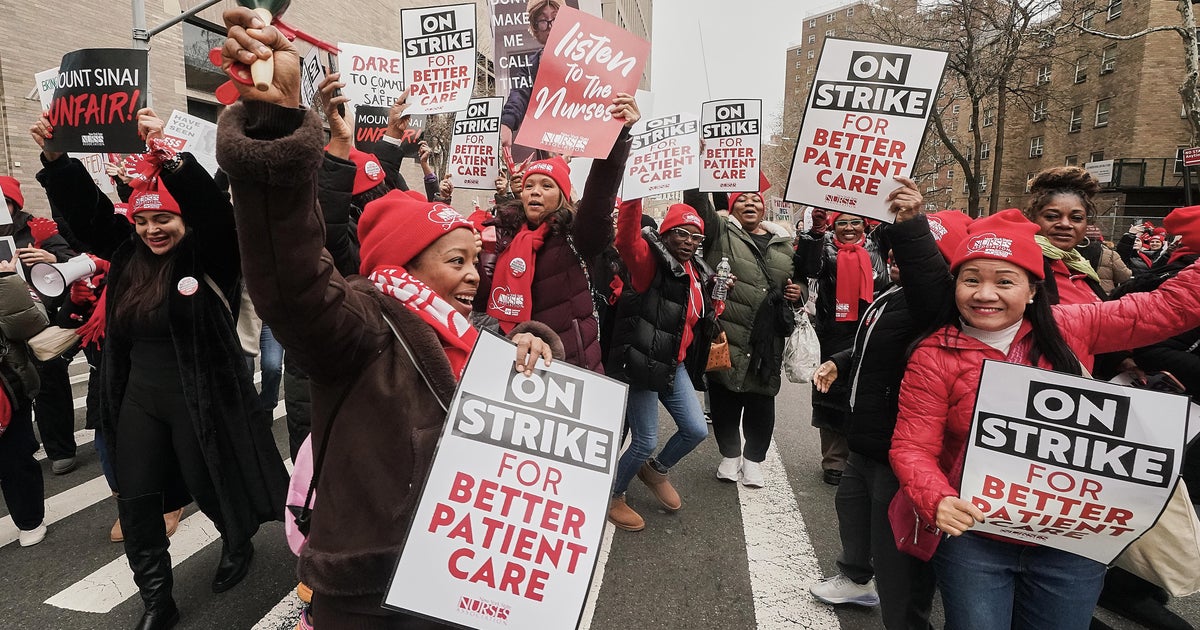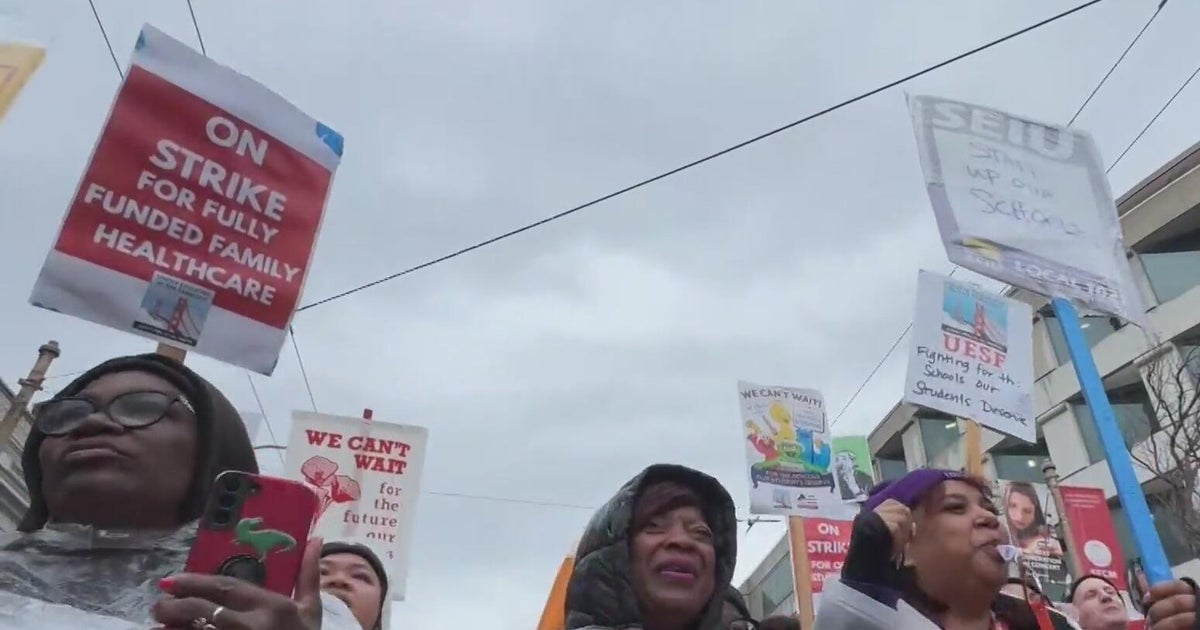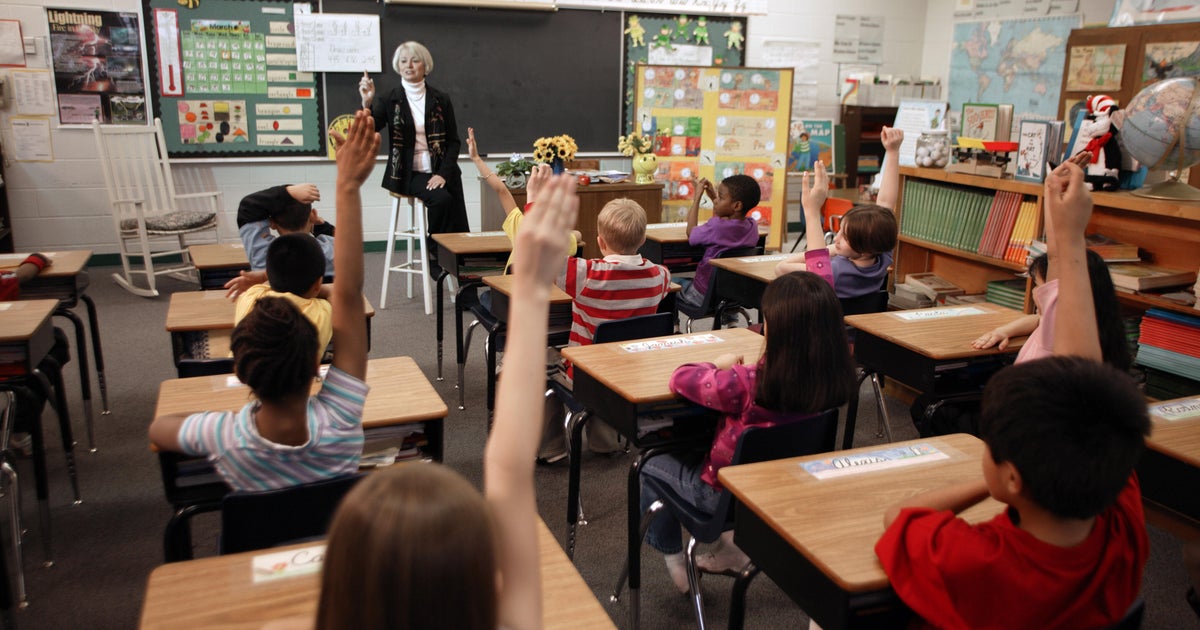Md. Voters Deciding High-Profile Ballot Measures
ANNAPOLIS, Md. (AP) -- Maryland voters could become the first in the nation to decide by popular vote to allow illegal immigrants to pay in-state tuition at public colleges, provided the students have attended a state high school for three years and can show they have filed state income tax returns during that time.
Voters also are deciding Tuesday whether to expand gambling to legalize table games like blackjack and a casino near the nation's capital. They will be making the call after more than $90 million has been spent by opponents and supporters, an unprecedented amount in Maryland for a single campaign. The new casino in Prince George's County could not open until 2016, while table games could begin at the state's three existing casinos early next year.
Maryland also could potentially become the first state where voters decide to allow same-sex marriage, though voters in Maine and Washington state also are voting on the issue. Minnesota is considering a constitutional ban.
Maryland voters also are deciding whether to send state lawmakers back to the drawing board to create a new congressional redistricting map for the next 10 years. Opponents contend the map has been gerrymandered to oust 10-term Republican Rep. Roscoe Bartlett, while supporters say the map reflects demographic changes.
While the gambling question is the automatic result of legislation passed by the Maryland General Assembly during an August special session, this year's longer-than-usual ballot in Maryland is largely due to petition drives led by Maryland Republicans.
At a polling place at Nicholas Orem Middle School in Hyattsville early Tuesday, Clayton Williams, a registered Democrat, said the state questions on the ballot were particularly important to him. He said he's not a "big fan" of gambling but he voted for its expansion because he believes it's good for the county's economy.
"I don't think that my morals should prevent it from being established," he said.
Williams said the same-sex marriage question was an easy one for him.
"It's not the state's job to squash gambling, and even more so it's not the state's job to squash people's right to get married," Willaims said.
Shannon Wyss, who had a commitment ceremony with her partner this summer, said marriage should be a right.
"It's actually the first time I've ever been asked to vote on my rights. It was an incredibly surreal experience to stand there and have to check `yes' on something that no one should be voting on," Wyss said.
The tuition measure, signed by Gov. Martin O'Malley last year, was the first to be successfully petitioned to the ballot with the help of a website that enabled signers to avoid errors that could get their signatures thrown out. The tuition law has been on hold, pending the outcome of Tuesday's vote. About a dozen other states have similar laws, but if approved, Maryland's would be the first to be approved by voters at the ballot box.
Maryland's same-sex marriage law was approved earlier this year, after a similar measure stalled in the Legislature the previous year.
It's the first time in 20 years that statewide petition drives have successfully landed on Maryland's ballot. In 1992, voters approved a bill guaranteeing abortion rights in the state.
(Copyright 2012 by The Associated Press. All Rights Reserved.)
